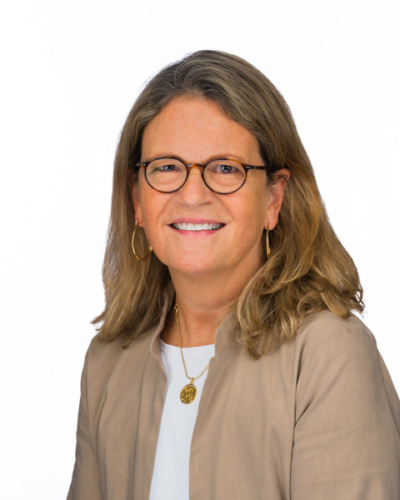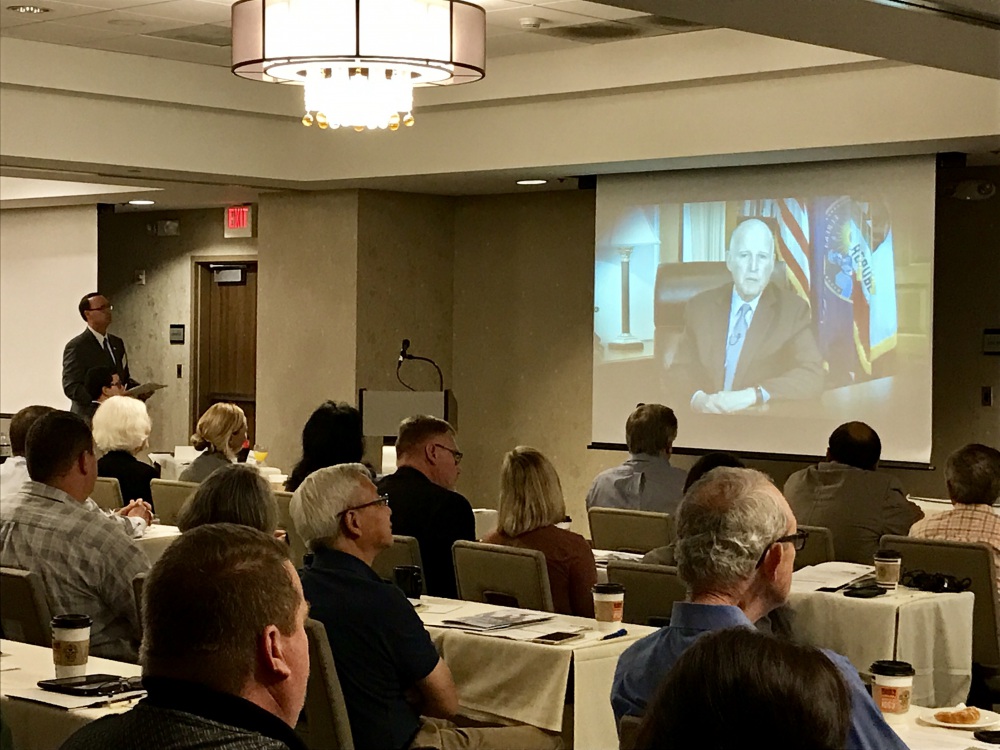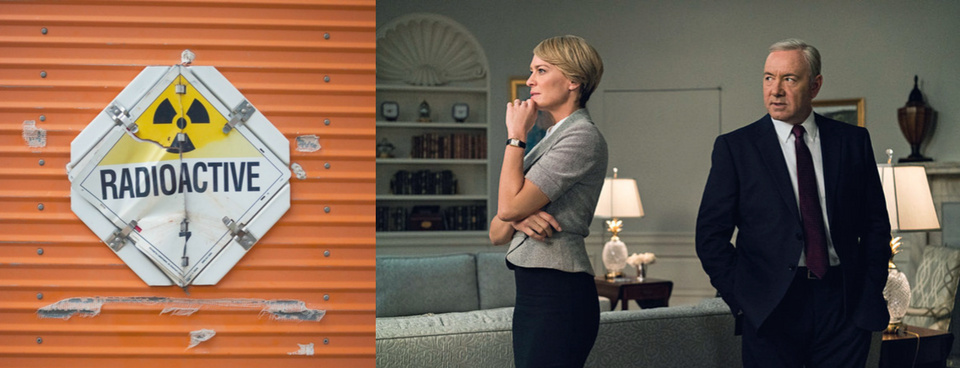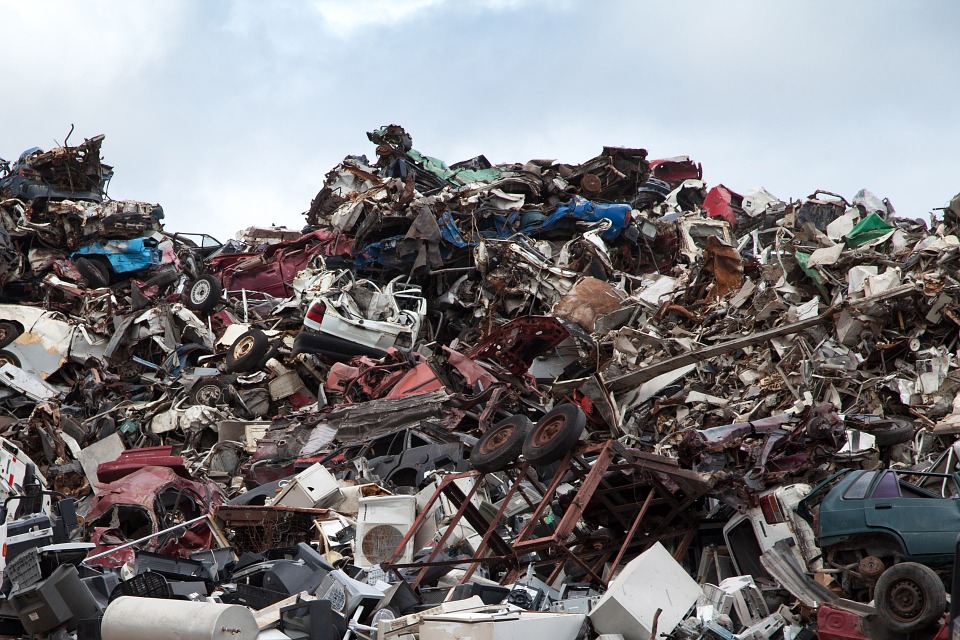
Mimi Hall
Vice President, Communications
Atomic Pulse
California
Gov. Edmund G. Brown and Sen. Dianne Feinstein last week urged more than 60
public health and hospital radiation safety officers, law enforcement
officials, emergency response officials and regulators to step up efforts to
lock down and, where possible, eliminate and replace, radiological sources that
could be stolen and used to build “dirty bombs.”
The leaders spoke by video to participants in a two-day
Radiological Security Workshop held in Irvine, CA and hosted by the Nuclear
Threat Initiative, in cooperation with the Governor’s Office of Emergency
Services and the California Department of Public Health, as well as the federal
Office of Radiological Security at the National Nuclear Security Administration
(NNSA) in the Department of Energy.
Participants discussed radiological risk mitigation in
California, which has a large number of high-activity radiological sources,
such as cesium-137, often used in blood irradiators in hospitals and other open
environments and vulnerable to theft. The workshop highlighted steps that can
be taken to better secure these sources and to replace them with safe and
effective alternative technologies, where possible.
“We’re all concerned that these materials could be diverted
into a dirty bomb,” said Brown, who is an NTI Board member. He urged officials
from the government and private sector to “get greater control” of the
materials.
Feinstein noted that California has the largest number of
cesium devices in the country. “I know radiological materials are critical for
medical treatment, and in some cases, there are no available replacements,” she
said, “but where there are available alternatives, I hope you all gathered can
reduce our state’s reliance on radiological materials wherever we possibly
can.”
Andrew
Bieniawski, NTI Vice President for Material Security and Minimization,
reminded workshop participants that the terrorist threat “is dynamic and
constantly evolving (and) we need to take the threat seriously and take prudent
risk-reduction steps.”
NTI
Co-chairman and CEO Sam Nunn, who also addressed the workshop by video,
said all stakeholders must be vigilant and do more to reduce the dirty bomb
threat because “nation-states no longer have a monopoly over weapons of mass
destruction and disruption.”
For more on dirty
bomb threats, the risks posed by cesium,-137 and the available safe and
effective alternative technologies, read NTI’s new brochure, Preventing a Dirty Bomb.
Sign up for our newsletter to get the latest on nuclear and biological threats.
What are Frank and Claire Underwood doing Underground in Episode 7 of House of Cards season 5?
NTI Co-Hosts Second Regional Workshop on Radiological Security in Central Asia
Addressing Radiological Risks Posed by "Orphan Sources"



